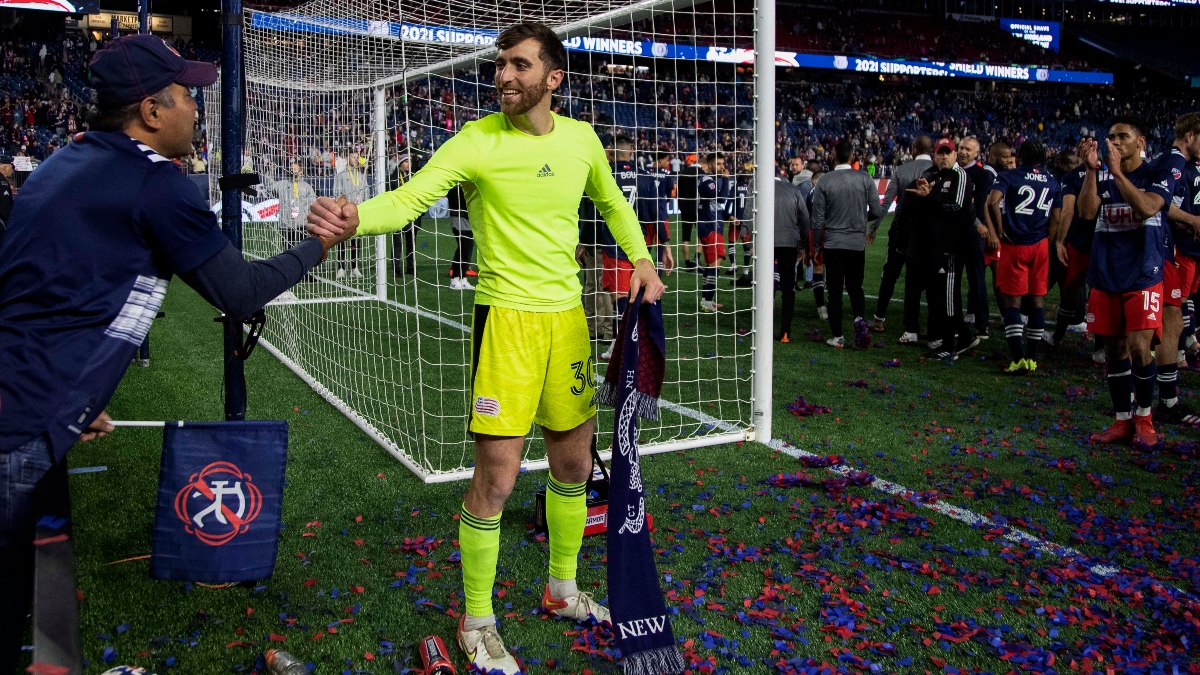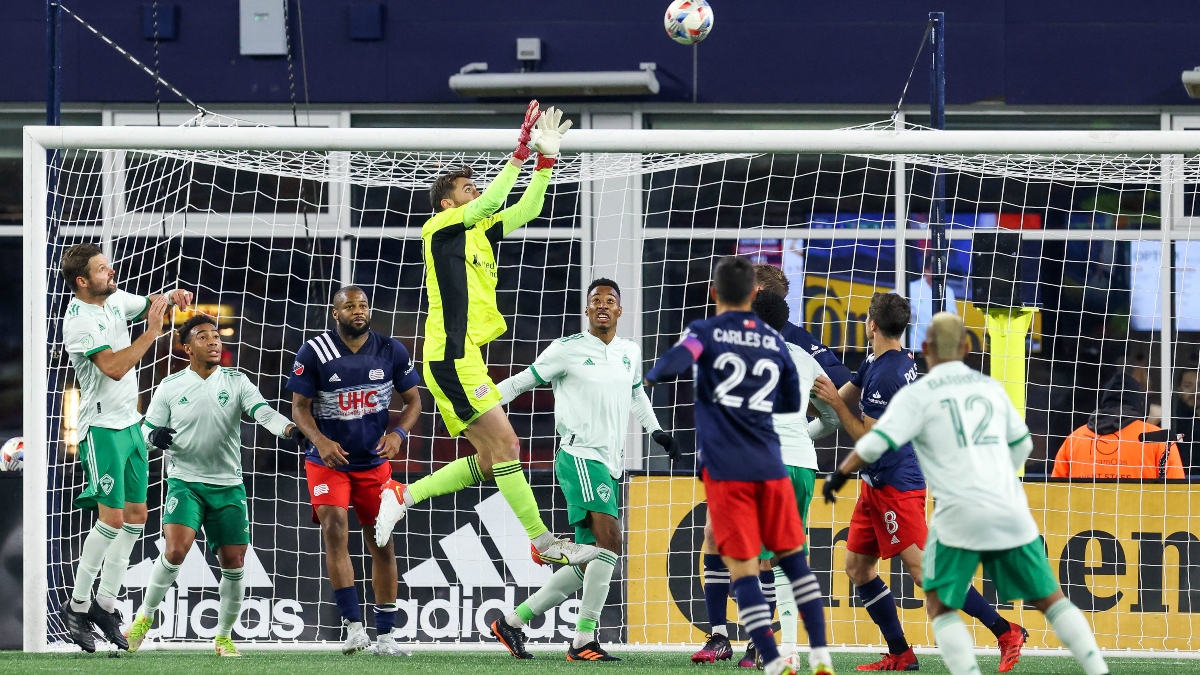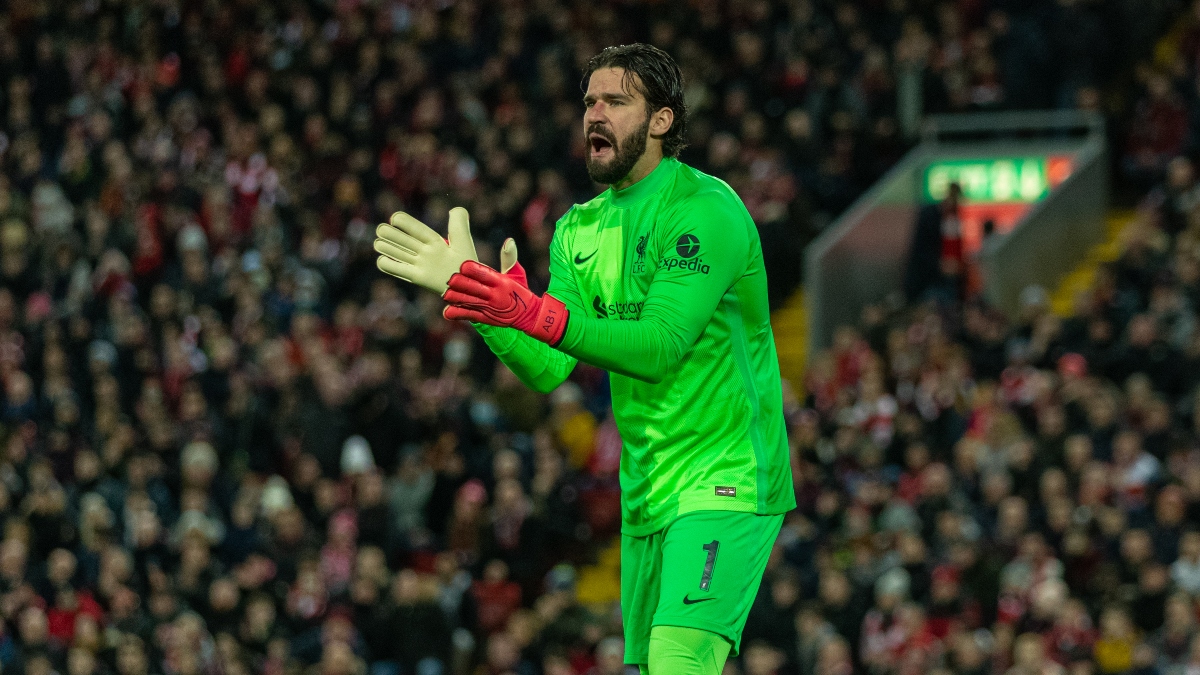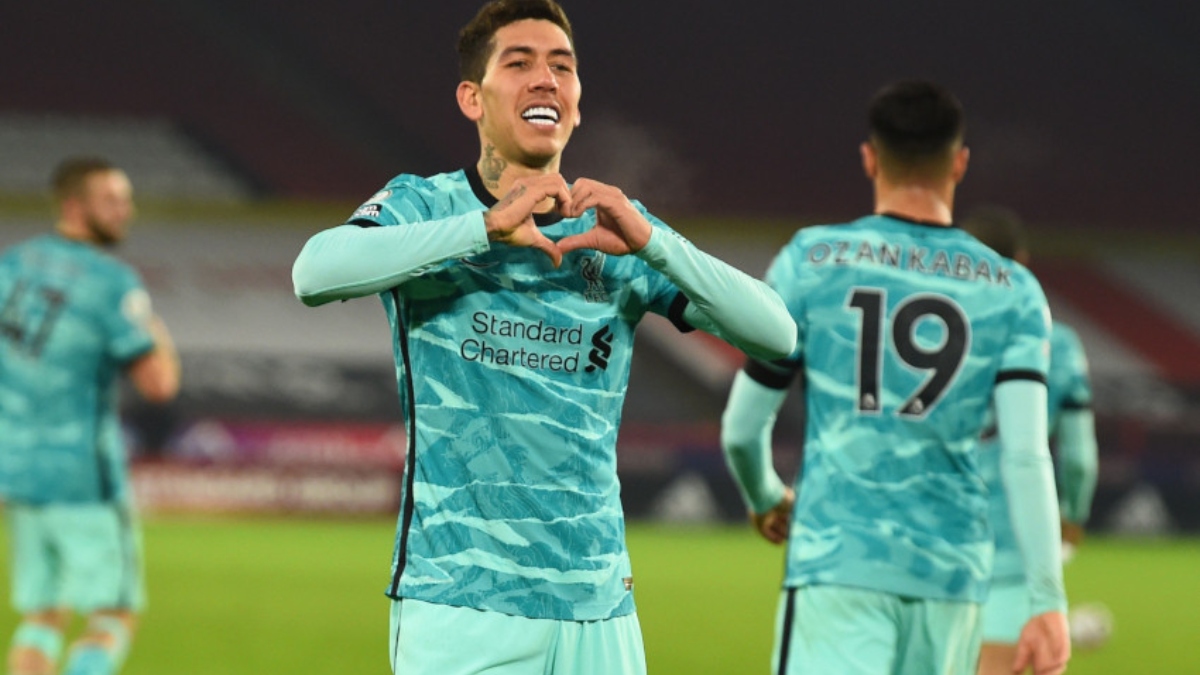Liverpool managing director Ian Ayre wants to move away from the collective sale of overseas television rights. The proposal is a bold step toward taking “The Liverpool Way” deep into the future.
Ayre is fighting this battle over the largest source of income for English clubs to ensure “Brand Liverpool” continues to reach its existing 40 million fans and creates many more in the years ahead.
If he wins, Liverpool will be able to attract and retain top players like Luis Suarez. The team will invest in infrastructure that will allow it to compete with the biggest and richest clubs in the world under UEFA’s Financial Fair Play rules, which come into effect in 2012. They require clubs to balance their books at the end of each season, meaning they can only spend a proportion of the income they generate. Simply put, the more money Liverpool generates, the more it can spend.
“The Liverpool Way” and “Brand Liverpool” are the set of values the club –- players, staff, supporters and legends -– champions and the world admires. The values include are the spirit of unity, justice, collective effort toward a common goal and excellence in results (among others). The Reds’ history of on-field excellence is a mere reflection of these values. Those connected with the club have adopted and internalized these values, regardless of their location.
Make no mistake, these connections span the globe. Liverpool FC is a global club, whose live games are watched by its global fan base. Anfield may be located on Merseyside, but Liverpool belongs to the world now.
The Reds may play the bulk of their games against English competition on weekends, but the club’s ethos is in direct competition with those of the other super-clubs in the global marketplace. This market is open every day, as the airwaves and Internet are filled to the brim with soccer, soccer-related discussion and commerce.
Barcelona’s “mas que un club,” Real Madrid’s white-shirted Royalty, AC Milan’s cosmopolitanism dressed in designer Italian style, Arsene Wenger’s Arsenal and others have appealing philosophies that attract eyeballs and dollars/pounds/euros from across the globe.
“The Liverpool Way” is in direct competition with these philosophies and needs to maximize television revenue to compete in this market. Ayre is correct. Bolton, Sunderland and even Aston Villa are not in the same league.
Detractors say allowing individual clubs to negotiate TV deals will increase the rift between the haves and the have-nots in the English game and make Premier League less competitive. News flash: The EPL created that rift, and the league is not that competitive to begin with. Every year, the same four to six teams compete for Champions League places, and only two or three of them have realistic chances of winning the league. Those outside that select group go deeper into debt with each passing year just to maintain the facade of “competitiveness” for another round of television negotiations.
Liverpool’s domestic income is close to topping out. The aging stadium is filled on weekends, ticket prices are higher than ever and every red scouser owns at least one LFC shirt. As 2011 draws to a close, Liverpool cannot compete at the top end of the salary market (which, by the way, has the highest correlation to winning). World-class players like Suarez demand world-class salaries and those demands are always increasing.
Overseas television rights for live EPL games went for £1.4 billion ($2.2 billion) for the years 2010-13. That number is expected to increase in the years 2013-16, surpassing the £2.1 ($3.3 billion) value of the domestic deal.
By taking a greater share of that cash, Liverpool will have a better shot of knocking Manchester United off its perch and possibly winning “it” (the European Cup/UEFA Champions League) five more times.
Yes, Liverpool’s proposal to get a separate TV deal is motivated by self-interest. But that interest is rooted in the desire to share a noble cause known as “The Liverpool Way” with the rest of the world.



